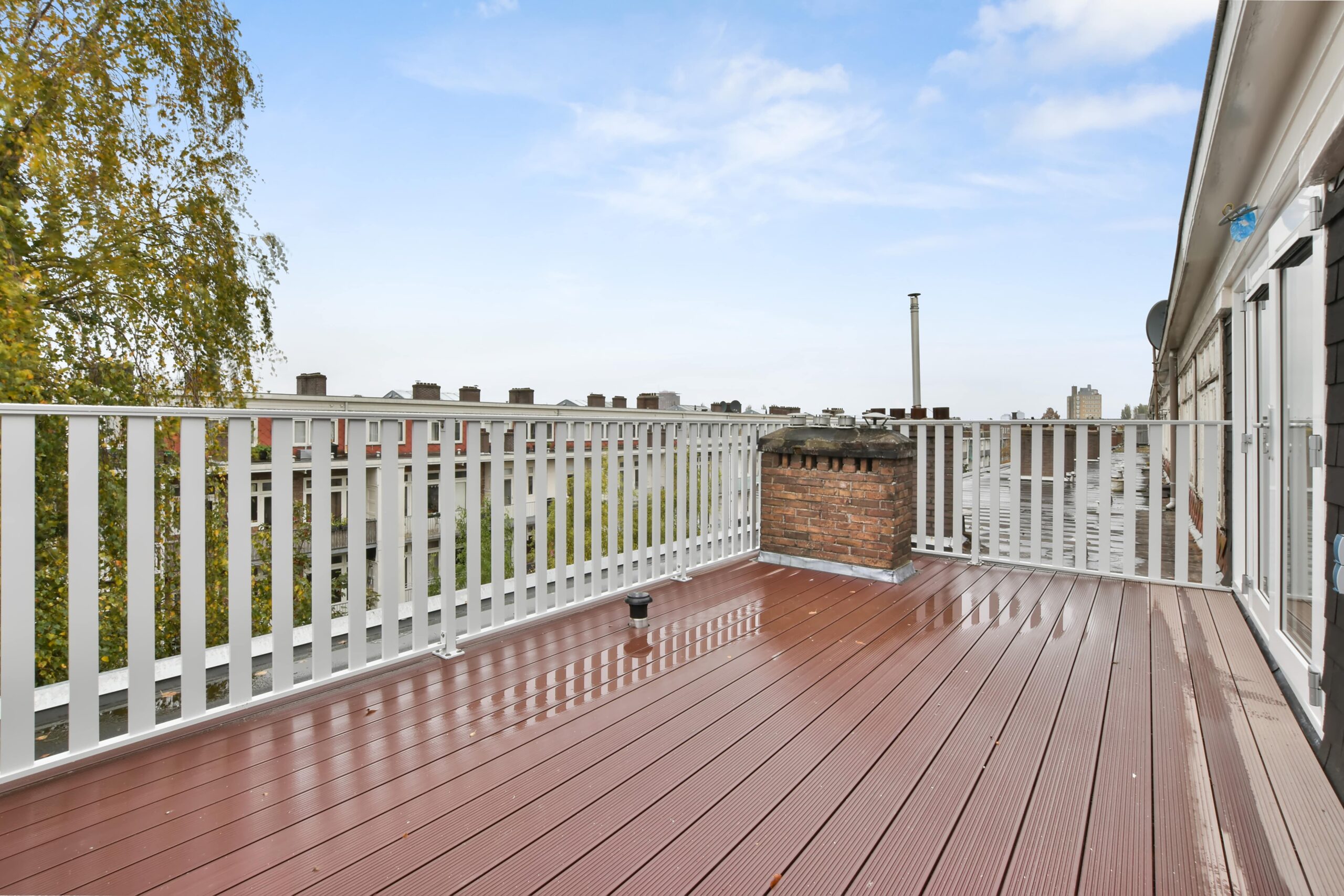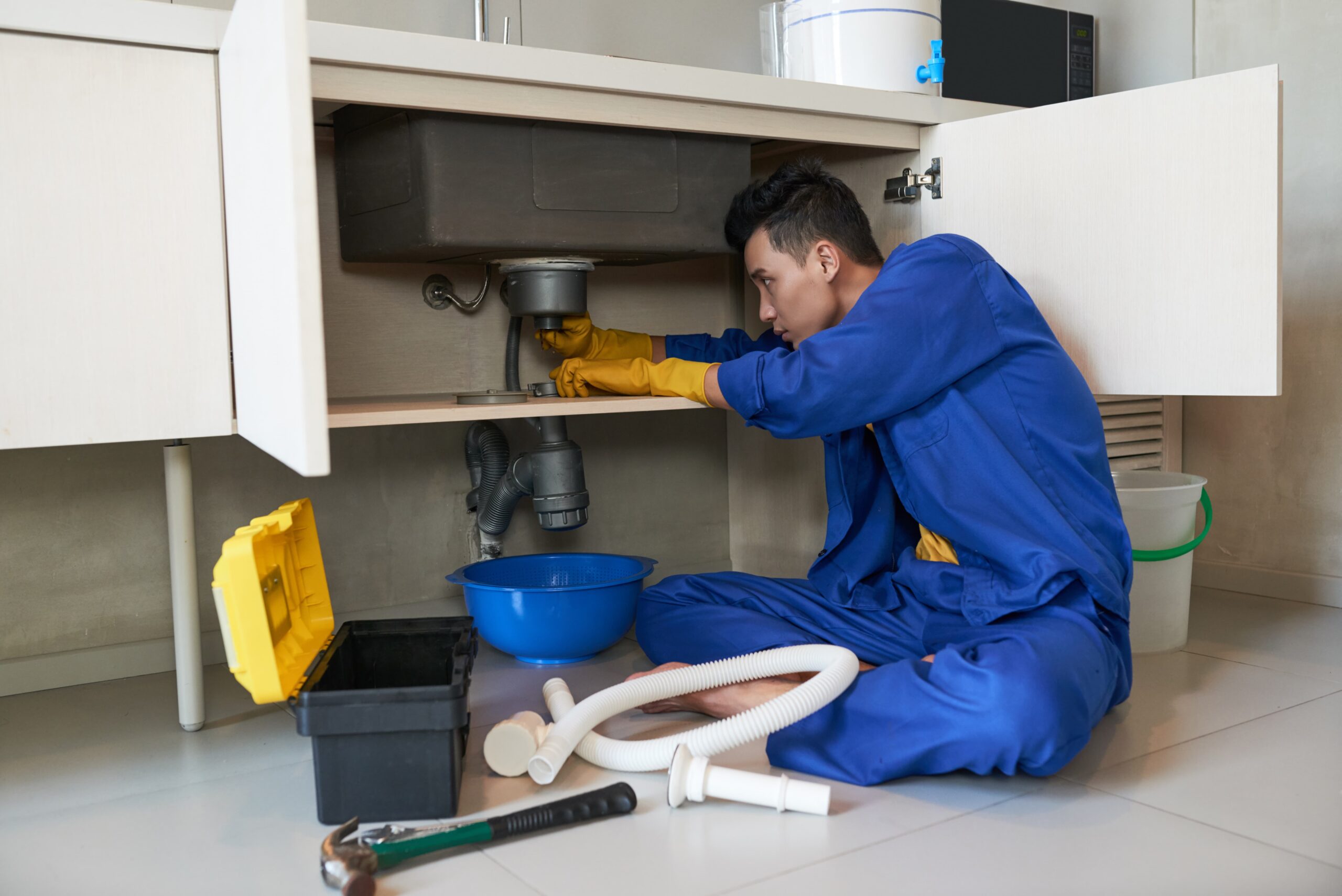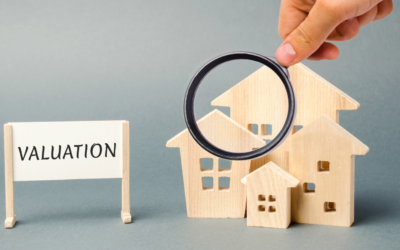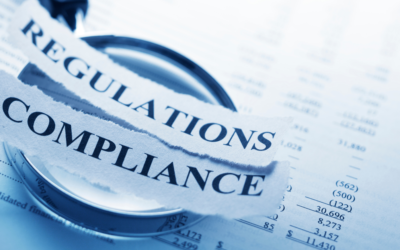In the dynamic world of real estate, thorough property evaluation is the foundation of successful investments. Understanding what to look for and what to avoid can mean the difference between a lucrative venture and a financial setback.
In this article, we will explore the critical aspects that investors, property managers, and landlords should consider when evaluating a property.
Whether you’re an experienced investor or new to the game, these key points will help you make informed decisions and avoid potentially costly surprises.
1. Roofs
Roofs are one of the first items on our checklist. We examine the number of layers on the roof, as Massachusetts allows up to two layers of roofing.
Inspecting the condition of the shingles and searching for signs of leaks in attics and top-floor rooms is essential. Detecting and addressing roof issues early can save you from major expenses down the road.
2. Gutters and Downspouts
After assessing the roof, we turn our attention to gutters and downspouts. We evaluate their condition, looking for signs of wear and tear.
Properly functioning gutters are essential to prevent damage to the property. We also inspect the fascia, the section behind the gutters, as it can deteriorate if not installed or maintained correctly.
3. Windows and Siding

Next on our list are windows and siding. We consider the window material, whether fiberglass, wood, or others. Compliance with local regulations, such as window screens, is essential for rentals.
We ensure that windows open, close, and lock correctly. As for siding, we examine its type, condition, and whether any paint or shingle issues might affect insurance.
4. Exterior Foundations
The foundations of a property can be a significant concern. We closely inspect them for any signs of cracks or water damage. Interior checks for moisture in the foundation are also essential.
Identifying foundation issues early can help you avoid substantial future expenses.
5. Decks

Decks, though enjoyable amenities, can become liabilities if not properly maintained. We examine the structural integrity, footing, and overall condition of decks.
Safety is paramount, as poorly maintained decks can pose fire hazards or other risks.
6. Garages
Even garages warrant a thorough inspection. We assess the condition of garage doors, roofs, and interiors. Opening doors and checking for rodent issues beneath porches and decks is a standard part of our evaluation.
Neglecting garage issues can lead to unexpected costs for repairs or pest control.
7. Outlets and Electrical
Moving inside the property, we inspect outlets, ensuring they meet safety standards and local regulations. We determine whether outlets are two-prong or three-prong (grounded).
We assess the electrical panel’s capacity and availability for future renovations. Additionally, we check for public meters, as electrical considerations can impact expenses and insurance.
8. Plumbing

Plumbing is an important aspect of a property’s functionality. We examine the plumbing system, looking for signs of issues like outdated knob-and-tube wiring or mismatched piping.
Evaluating the presence of a garbage disposal and the main drain’s condition is essential for a complete assessment.
9. Bathrooms
Inside the units, we scrutinize bathroom details such as grout, flooring, ceilings, walls, and lighting. Compliance with safety codes and any necessary updates are considered, as bathroom renovations can be costly.
Conclusion
Thorough property inspections are essential for investors, property managers, and landlords.
At Profitable Properties Boston, we prioritize educating our clients and ensuring they are prepared for the potential costs and benefits of their real estate investments.
Our goal is to help you go from one property to wealthy by making informed choices in your real estate journey.




